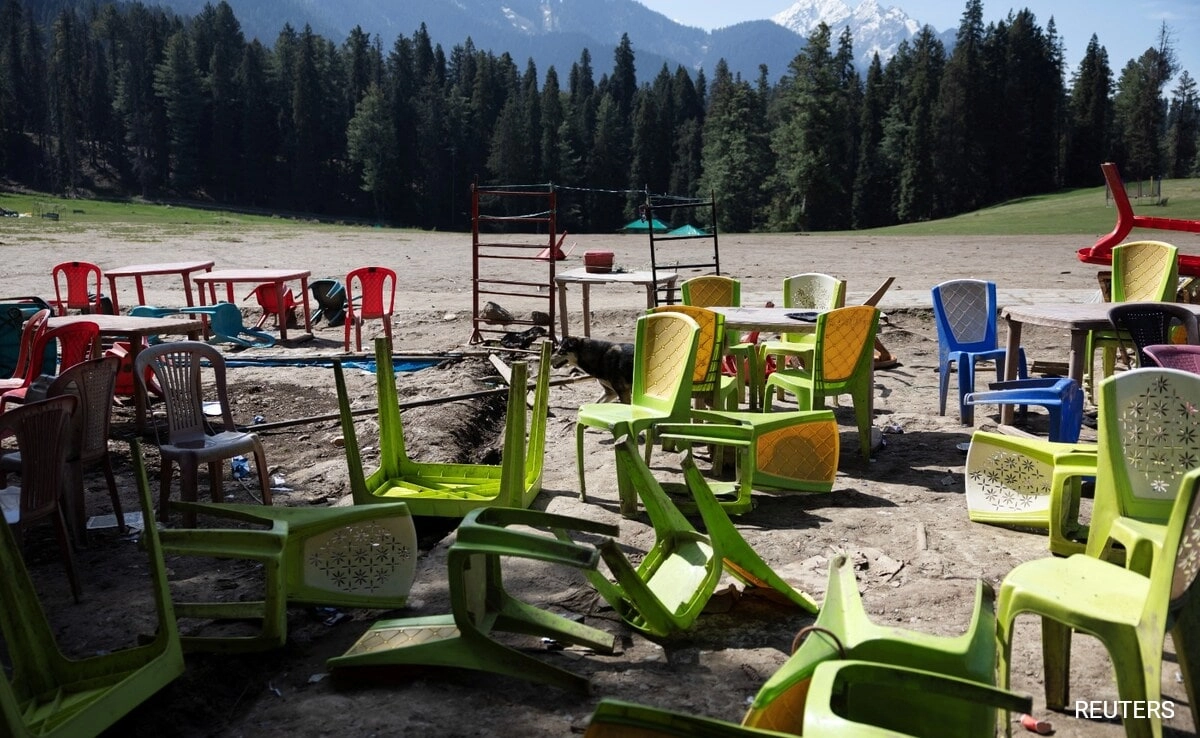In a significant move that underscores the ongoing tensions between India and Pakistan, the Indian government has recently banned 16 YouTube channels linked to Pakistan. This decision is part of a broader crackdown on what the authorities describe as anti-India propaganda and misinformation being disseminated through social media platforms. The channels have allegedly been involved in spreading content that is deemed harmful to the sovereignty and integrity of the nation. This ban reflects India’s increasing vigilance over digital content that could potentially incite unrest or influence public sentiment against the government.
Among those affected by this crackdown is the BBC, which reportedly received a warning regarding its content. This warning signals a growing concern within the Indian government about the role of international media and their portrayal of sensitive issues relating to India and Pakistan. The BBC, with its global reach and reputation, has been scrutinized for its coverage of events in the region, particularly those that touch upon contentious topics such as Kashmir and cross-border terrorism. The warning serves as a reminder of the fine line that media outlets must tread when reporting on issues that could escalate tensions further.
The ban on these YouTube channels and the warning issued to the BBC highlight the challenges of regulating online content in a digital age where information spreads rapidly and often uncontrollably. The Indian government’s actions may be seen as an attempt to maintain a narrative that supports national security while combating what it perceives as an influx of hostile foreign influence. However, this approach raises questions about freedom of speech and the potential for censorship in the name of national interest. As India continues to navigate its complex relationship with Pakistan, such measures might lead to increased scrutiny and debate about the role of media in shaping public opinion and international relations.
In conclusion, the banning of 16 Pakistani YouTube channels and the caution issued to the BBC illustrate the ongoing struggles within the realm of digital media regulation. As nations grapple with the implications of misinformation and external influence, the balance between safeguarding national interests and preserving freedom of expression remains a contentious issue. This situation not only affects the media landscape in India but also has broader implications for how countries manage digital content in an increasingly interconnected world.




